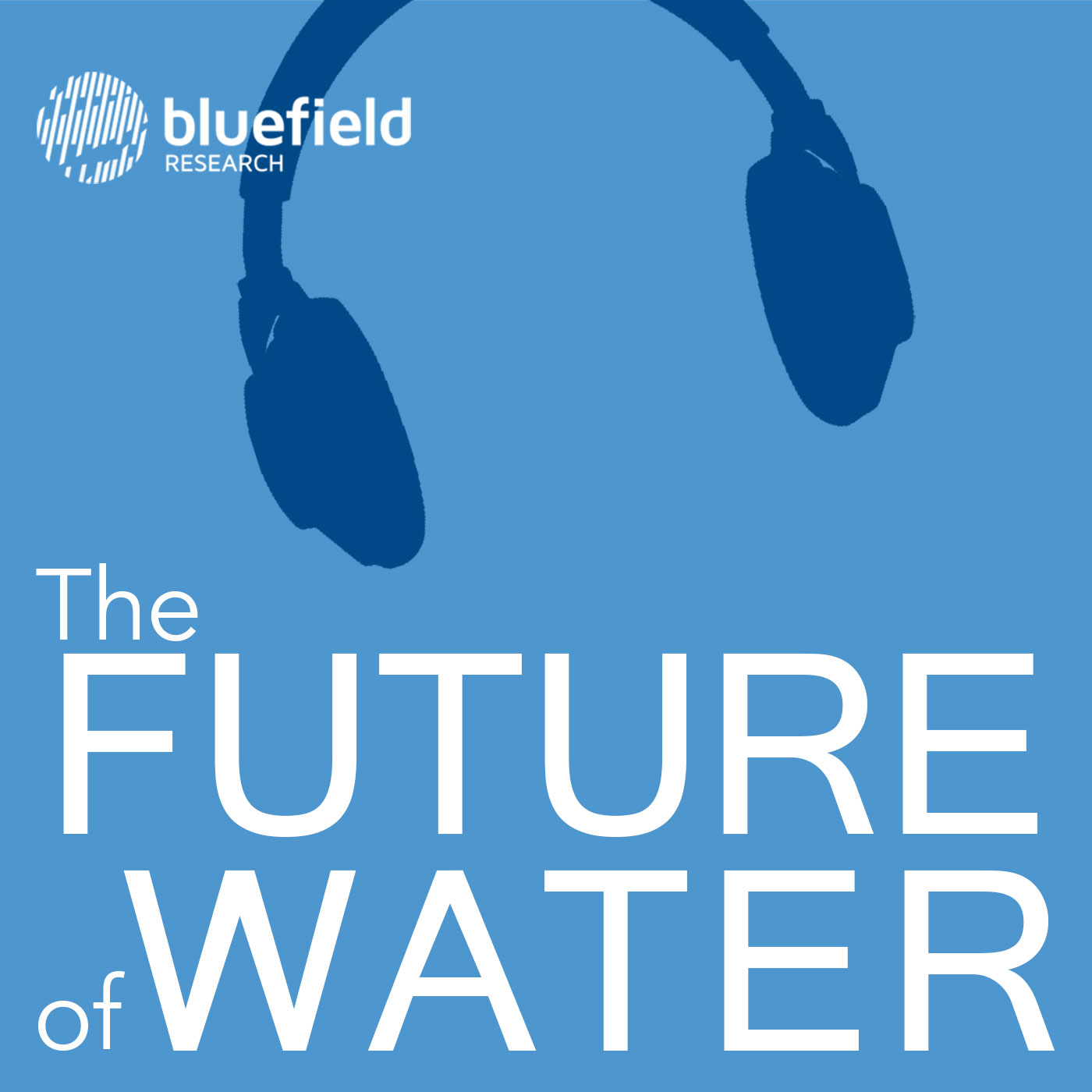The U.S. Bureau of Labor Statistics (BLS) has reported that employment of water and wastewater treatment plant and system operators is projected to decline 6% from 2022 to 2032. This news shines the spotlight on a critical infrastructure sector that faces mounting challenges, from aging infrastructure assets to emerging contaminants (i.e., PFAS). As water and wastewater treatment plants become more advanced with automated systems to manage treatment processes, fewer workers may be needed.
In today’s episode, Reese Tisdale is joined by Senior Research Director Eric Bindler, who notes that while some work can be automated, plants will still need skilled workers to operate increasingly complex controls and water and wastewater systems. The overall water industry BLS data shows pretty steady growth of around 1.5% for the past decade a half.
If you enjoy listening to The Future of Water Podcast, please tell a friend or colleague, and if you haven’t already, please click to follow this podcast wherever you listen.
If you’d like to be informed of water market news, trends, perspectives and analysis from Bluefield Research, subscribe to Waterline, our weekly newsletter published each Wednesday.

There are over 72,000 community water systems and wastewater treatment facilities in the U.S. But what is the addressable market opportunity for water and...

In this episode, Bluefield's Private Water Analyst Megan Bondar joins host Reese Tisdale to discuss the latest findings on U.S. water and sewer rates....

Bluefield's water experts breakdown the how and what's behind the ongoing water and wastewater crisis in the capital city of Jackson, MS. From drinking...